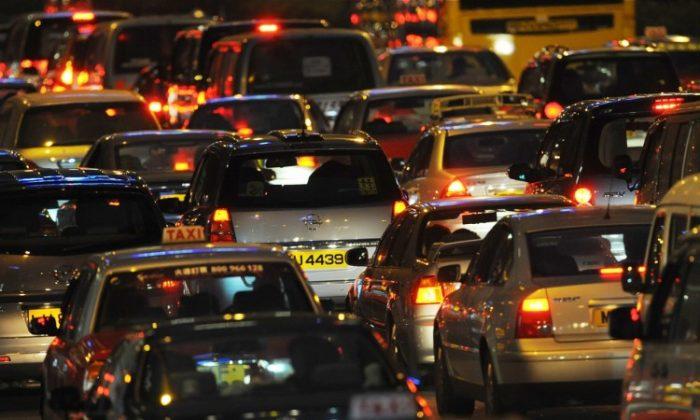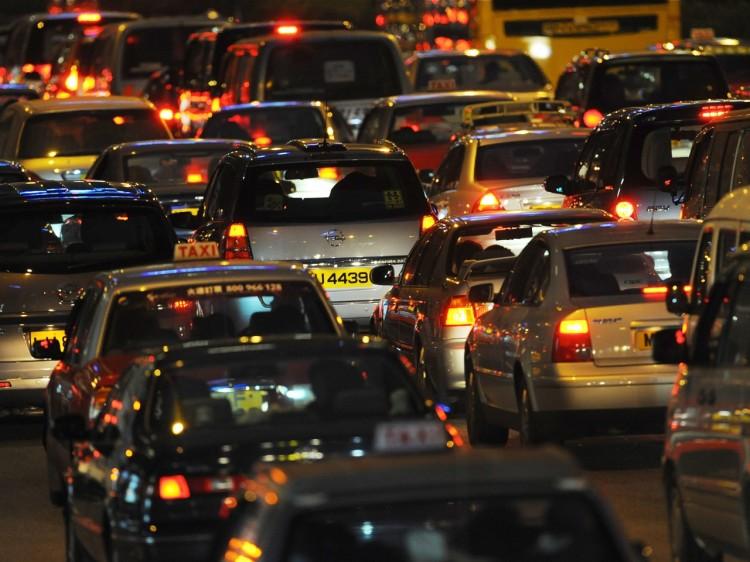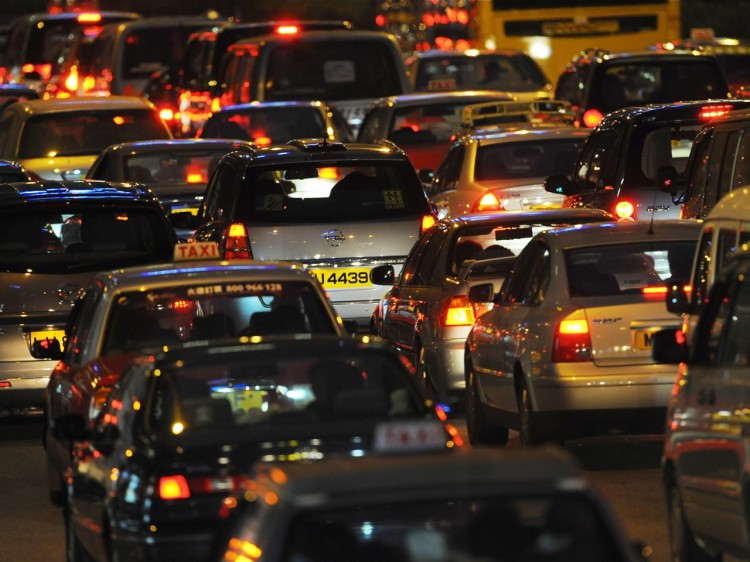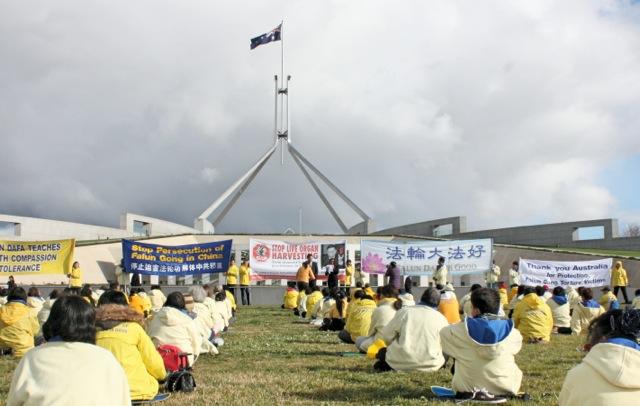Roadside air pollution in the Special Administration Region (SAR) has hit an all-time high, renewing calls for major corporations to relocate from the business hub over health concerns.
The latest readings indicated that roadside pollution levels in 2011 were the highest ever recorded and 10 times higher than in 2005.
The data released on Monday Jan 9 by the Hong Kong Environmental Protection Department was published in a South China Morning Post report.
Hong Kong, which translates as “fragrant harbour” in Chinese, has become a contradiction, with continued air quality problems largely fuelled by emissions from ageing vehicles and factories in the neighbouring Pearl River Delta, and has already forced businesses to move to Singapore. Moreover, a survey produced by the office provider Regus Group, of the more than 200 international and local companies based in Hong Kong published in May 2011, three out of four companies complained of the low standard of air quality, which resulted in a low retention and attraction of expatriate staff.
The latest figures have further highlighted the government’s inability to effectively implement environmental regulations to curb pollution.
The station in the Central Business District, home to the Asian headquarters of global banks such as HSBC Holdings Plc and Goldman Sachs Group Inc, showed the worst figures, with excessive readings a quarter of the time, the report said.
Hourly readings are taken at roadside stations throughout the year of major pollutants such as respirable suspended particles and nitrogen oxides. A reading above 100 means at least one pollutant fails air quality objectives.
According to the Environmental Protection Department website, Hong Kong has been facing two air pollution issues. One is local street-level pollution. The other is the regional smog problem. Diesel vehicles are the main source of street-level pollution.
Motor vehicles, especially diesel vehicles, are the main causes of high concentrations of respirable suspended particulates (RSPs) and nitrogen oxides (NOx) at street level in Hong Kong.
To attempt to tackle this problem, the government introduced a comprehensive programme in 2000 with targets to reduce RSPs and NOx emissions from motor vehicles by 80 per cent and 30 per cent respectively by the end of 2005.
However, by 2008, the RSPs and NOx had been reduced by 22 per cent and 23 per cent respectively, falling far short of the set targets.
This is despite introducing some measures to reduce pollution, such as enforcing LPG (gas) on all light buses, encouraging environmentally-friendly petrol cars through tax concessions, reducing smog-producing old diesel vehicles on the roads and selling cleaner Euro V diesel at petrol stations.
The department blamed the latest spike in smog levels on poor weather conditions. While other pollutants such as sulphur dioxide have fallen, the department said the nitrogen dioxide level by the roadside has reached the highest since 1999, at 123 micrograms per cubic metre of air, reports South China Morning Post.
James Middleton of Clear the Air said officials must bear responsibility for the worsening air quality.
“The government servants working for the EPD have children too—they share the filth in our air. The deliberate prevarication obviously comes from the very top,” Middleton said in a South China Morning Post report. “This is a complete disrespect and disregard of the duty of care the administration owes to the health of the people of Hong Kong.”
Middleton said he suspected the government’s failure to update air quality objectives enacted 24 years ago was deliberate so that infrastructure projects, such as a third airport runway and waste incinerator, could pass environmental impact studies.
Hong Kong is home to some of the world’s largest corporations, such as HSBC and Goldman and Sachs Inc.
According to the results of the “2008 Annual Survey of Companies in Hong Kong Representing Parent Companies Located outside Hong Kong” conducted by the C&SD, Hong Kong was host to 6,612 overseas and Mainland China companies representing parent companies located outside Hong Kong.
A poll conducted by the think tank Civic Exchange in December 2011 suggested that one in four Hong Kong residents would emigrate due to the air pollution issue; this figure would be approximately 2 million people.






Friends Read Free